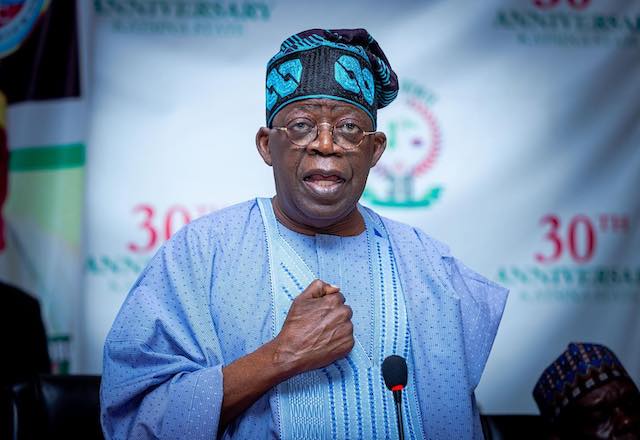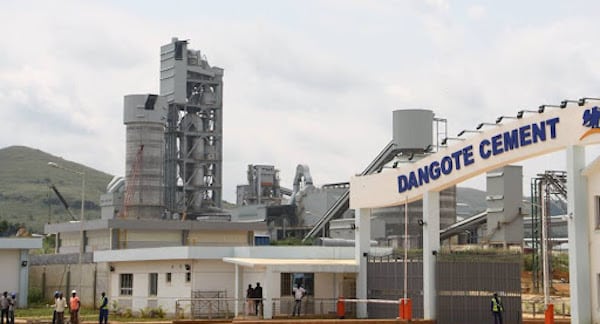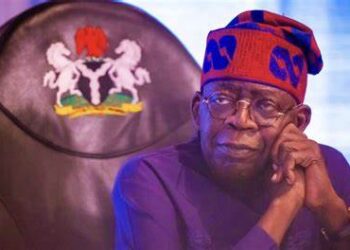A prominent All Progressives Congress chieftain has shifted blame for Nigeria’s escalating security challenges away from President Bola Tinubu, pointing instead to what he describes as the selfish motivations of various national stakeholders.
Victor Akande, a former member of the 8th Lagos State House of Assembly representing Ojo Constituency 1, argued that expecting the President to personally address security concerns across all states represents an unrealistic expectation that ignores the complex dynamics fueling the country’s insecurity.
Speaking on the current security situation, Akande contended that the federal government possesses both the resources and determination necessary to eliminate bandit groups, but faces significant obstacles from communities that shield criminals based on religious and ethnic loyalties.
“Anyone claiming the government has performed poorly on security fails to grasp the underlying issues,” Akande stated. “Should President Tinubu personally visit every state to handle security matters? Absolutely not. We have become the creators of our own problems.”
The former legislator emphasized that local communities often know the identities and whereabouts of criminal elements operating in their areas but deliberately withhold this crucial information from security agencies. He attributed this reluctance to share intelligence to religious solidarity, ethnic bonds, or family connections with the perpetrators.
Akande highlighted several instances where government security interventions faced public criticism, suggesting this pattern of resistance hampers effective law enforcement. He referenced the backlash against the federal government’s emergency declaration in Rivers State and similar controversies surrounding security operations in other regions.
The APC leader cited a specific case in Edo State where suspected kidnappers were eliminated in Uromi, generating public outcry over the security response. He also mentioned a controversial legal case involving a kidnapping victim who killed his captors in self-defense but subsequently received a death sentence, creating what he described as a climate of hesitation among security forces.
“Security agents know exactly where these criminals operate, but community members refuse to cooperate,” Akande explained. “They either protect them due to shared religious or linguistic backgrounds, or because their own relatives participate in these criminal activities.”
Beyond security concerns, Akande praised President Tinubu’s economic recovery initiatives, acknowledging that the administration inherited a severely damaged economic framework when it assumed office in 2023. He characterized the current economic policies as necessary interventions that, despite causing immediate hardships for citizens, will ultimately generate sustainable growth and development.
The Lagos APC figure called for increased public support for the President’s reform agenda, urging Nigerians to demonstrate patience with policy implementations that may produce short-term difficulties but promise long-term national benefits.
Akande’s remarks reflect ongoing debates within Nigeria’s political landscape about accountability for the country’s security crisis, with government supporters increasingly emphasizing local complicity and community responsibility rather than federal leadership failures.



















